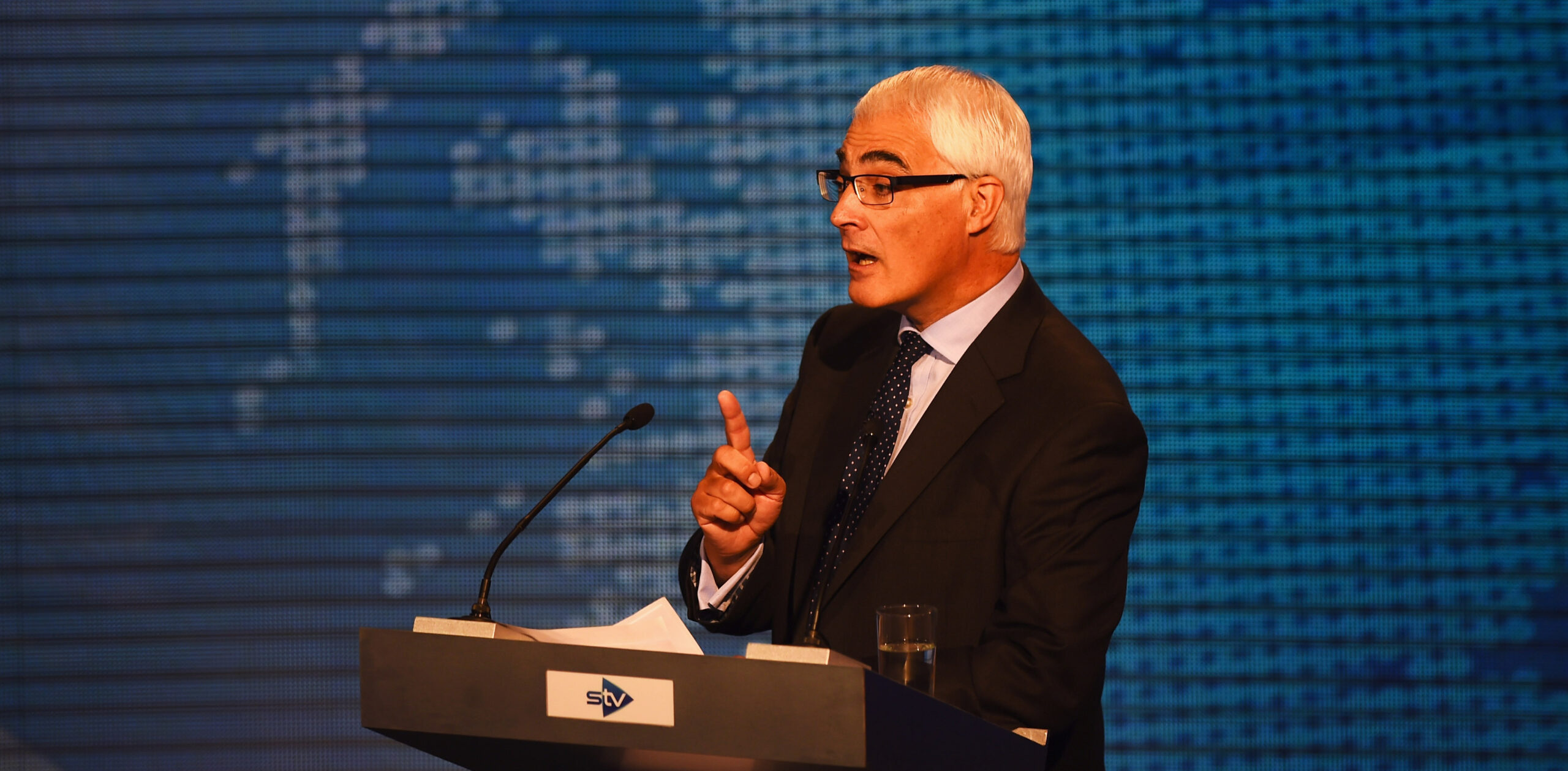Alistair Darling, who died yesterday, was a rarity in modern politics. It seems funny to call this quiet modest man a “Lord” — he was always just Alistair in the years I knew him, from when he was a Lothian Regional Councillor in the 1980s, to when he sat on the red benches of the Lords from 2015-2020.
He was part of the DNA of the New Labour government as one of the few people who spent every year in Cabinet from 1997-2010, first as Chief Secretary, then Secretary of State for Work and Pensions, Transport Secretary, Scotland Secretary, Business Secretary, and ultimately Chancellor of the Exchequer.
For a period, he was both Secretary of State for Scotland and Secretary of State for Transport. I asked him what it was like combining two roles. He told me that he’d recently been in Edinburgh for the weekend where a woman approached him. She said “Can I ask you about the trains?” Quick as a flash, he had replied “Sorry. At the weekend, I’m the Secretary of State for Scotland”.
He was never a man for grandstanding on either traditional or social media. He was happy to let his achievements speak for themselves. In his career, he faced two political challenges that were truly existential.
The first was the Global Financial Crisis and the collapse of the Royal Bank of Scotland when he was told by Tom McKillop, Chairman of RBS that “we’re going to run out of money in the early afternoon.” Darling acted to bail out RBS by effectively nationalising it. This was probably the boldest embodiment of New Labour’s slogan “what matters is what works” — and it stopped a potentially catastrophic run on all the UK high street banks.
Darling may have been shocked by the call from RBS, but he had a clear-eyed view of the state of the economy before the collapse of Lehman Brothers and the Global Financial Crisis, saying that the economic situation for the country and the world was “arguably the worst they’ve been in 60 years”. He also noted that it would be “more profound and long-lasting than people thought.” For his candour, he was monstered by Gordon Brown’s briefing operation with a viciousness normally reserved for Blairites. Darling described the attacks as the “forces of hell” being unleashed, his wife Maggie Darling, who survives him, had a characteristically saltier description.
The second was the Scottish independence referendum which could have led to the break-up of Britain. Alistair led the ‘Better Together’ campaign with a quiet, calm, confidence that was a stark contrast to the charismatic campaigning of SNP Leader and First Minister Alex Salmond. But, with one line in the first head-to-head debate, Darling brought Salmond down to earth. Observing that all independent countries have their own flags, capitals, and currencies, Alistair said: “but you can’t tell us what currency we will have”. The jibe sank Salmond in the debate and came to symbolise the economic risk of separating Scotland from the UK — and it dogs the SNP to this day, which is the sign of a truly powerful political attack.
Ultimately, Alistair was that rare politician who was loved by his staff. That was because he listened carefully, weighed arguments and then acted. He’ll be missed for his humanity — far too rare in government ministers today. He’ll be missed for his humour. He’ll be missed.











Join the discussion
Join like minded readers that support our journalism by becoming a paid subscriber
To join the discussion in the comments, become a paid subscriber.
Join like minded readers that support our journalism, read unlimited articles and enjoy other subscriber-only benefits.
Subscribe